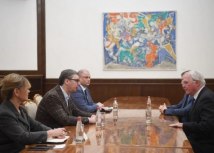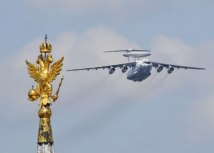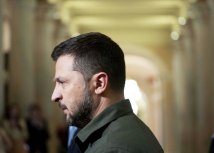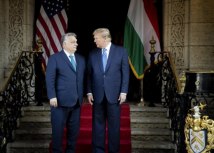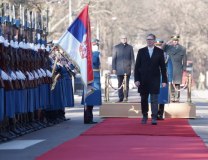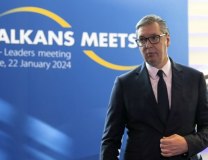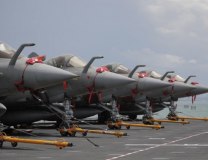What is cooking, Mr. Putin?
"It's like we're back in the USSR, endless queues, price increases, shortages - of eggs", the Russians comment on the situation with plummeting prices.
Source: jutarnji list/Vlado Vurušić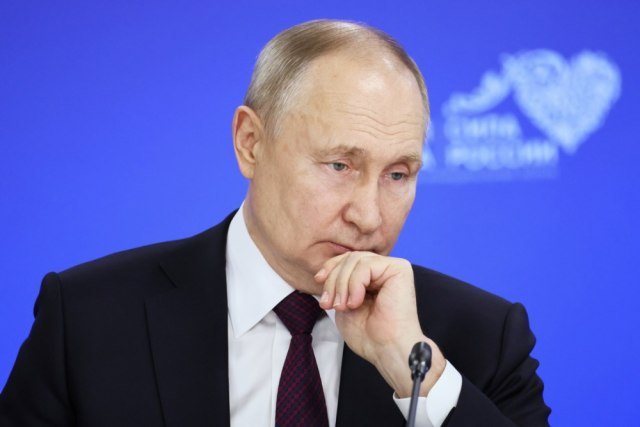
The price of eggs in Russia is higher by 60 percent.
As reported by many independent Russian portals, when Russians go to home visits, they no longer bring a traditional bottle of vodka or a chocolate cake but bring their hosts eggs as a present.
The shortage of eggs is the consequence of sanctions imposed on Russia after the conflict with Ukraine. Imports have been cut to half and prices have gone up, which is not so much a problem as the fact that it is difficult to find fresh eggs in stores, and on the markets since they are almost as expensive as chicken, which is also, according to some independent media in Russia itself, hard to get by, Jutarnji List reported.
Problem with vaccines and foodstuff
Namely, the problem is the lack of vaccines for poultry because the vaccines are also imported, and there is not enough food for poultry, which Russia mostly imports. Authorization was issued for the urgent import of eggs from Turkey and Azerbaijan, but this was still insufficient to cover the shortage.
At the end of the year, Russia's Anti-Corruption and Anti-Monopoly Office launched an investigation at poultry farms and among egg and meat producers as well as retailers to find out if stocks were being stockpiled and if the shortage "had to happen", writes the Russian edition of Forbes. Then, according to Moscow's Kommersant, even Russia's chief prosecutor Igor Krasnov ordered regional prosecutors to conduct inspections at egg production companies and retailers.
Vladimir Putin wants to create the impression that neither the sanctions nor the war in Ukraine have "anything to do" with life in Russia and that everything is going on normally and without problems. The Wall Street Journal (WSJ) states that the war in Ukraine has nevertheless "distorted" the Russian economy and that it is not necessary to look "further than the egg carton".
Namely, the Western sanctions hurt the poultry industry because most of the equipment for the farms came from Europe, so there are no more spare parts and not enough maintenance experts. In addition, the WSJ writes, the weakened ruble has made the import of animal feed and veterinary products more expensive, and there is also a shortage of labor because a good part of workers have been mobilized in the war against Ukraine.
Inflation hits hard
Economic analysts believe that one of the consequences of the shortage and crisis in the poultry industry is extremely related to sanctions and war, as well as the practical introduction, i.e., the transition to a war economy.
In addition, the government increased wages, so the Russians, as in the USSR, have "excess" money, consumption is growing, but so is inflation, which in the end was around 7.5 percent, 50 percent more than The National Bank planned.
The fact that Russian President Vladimir Putin publicly apologized for the shortage and blamed the government for this "egg shock" is the best evidence of how much the problem with eggs upset the Kremlin. Thus, eggs may become synonymous with the difficulties that await Russia in the future.
